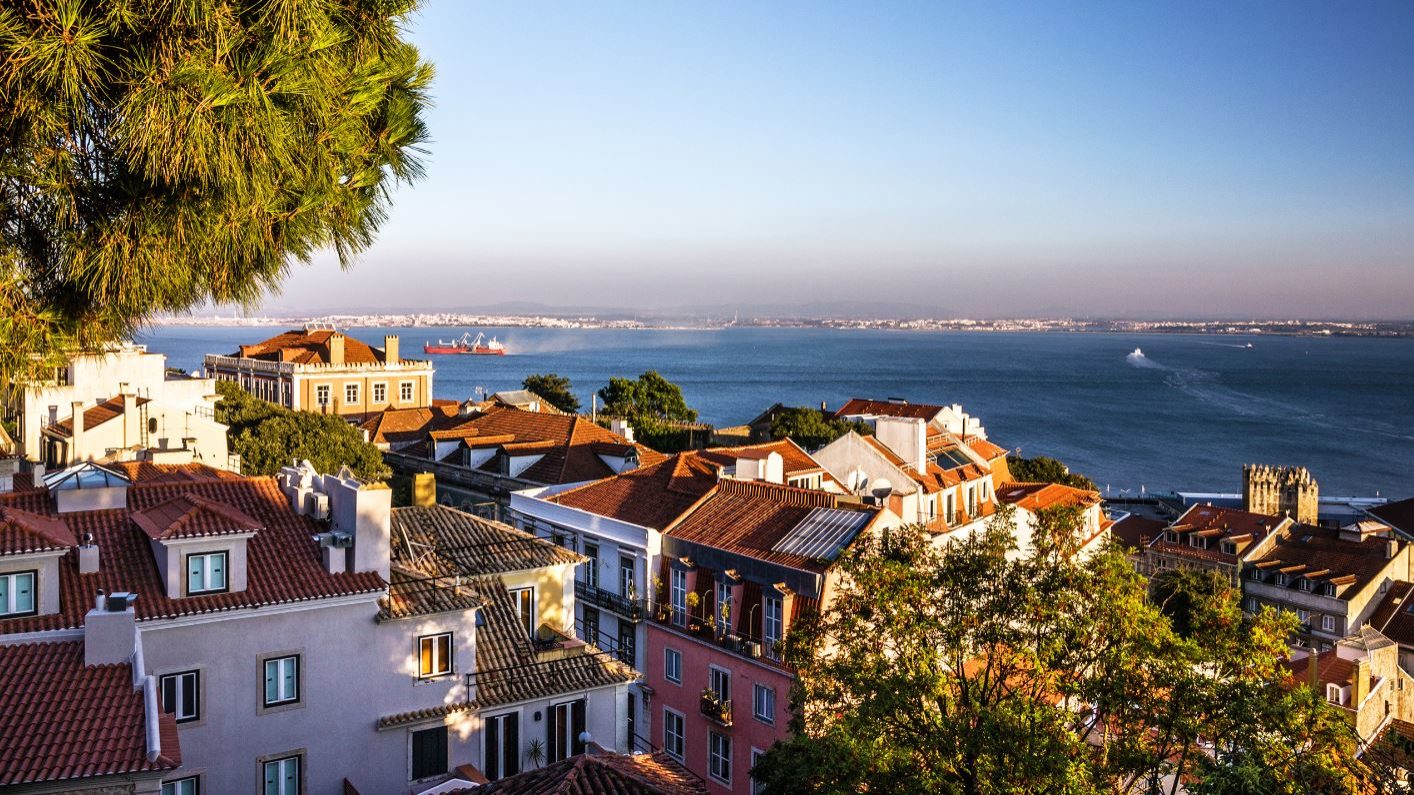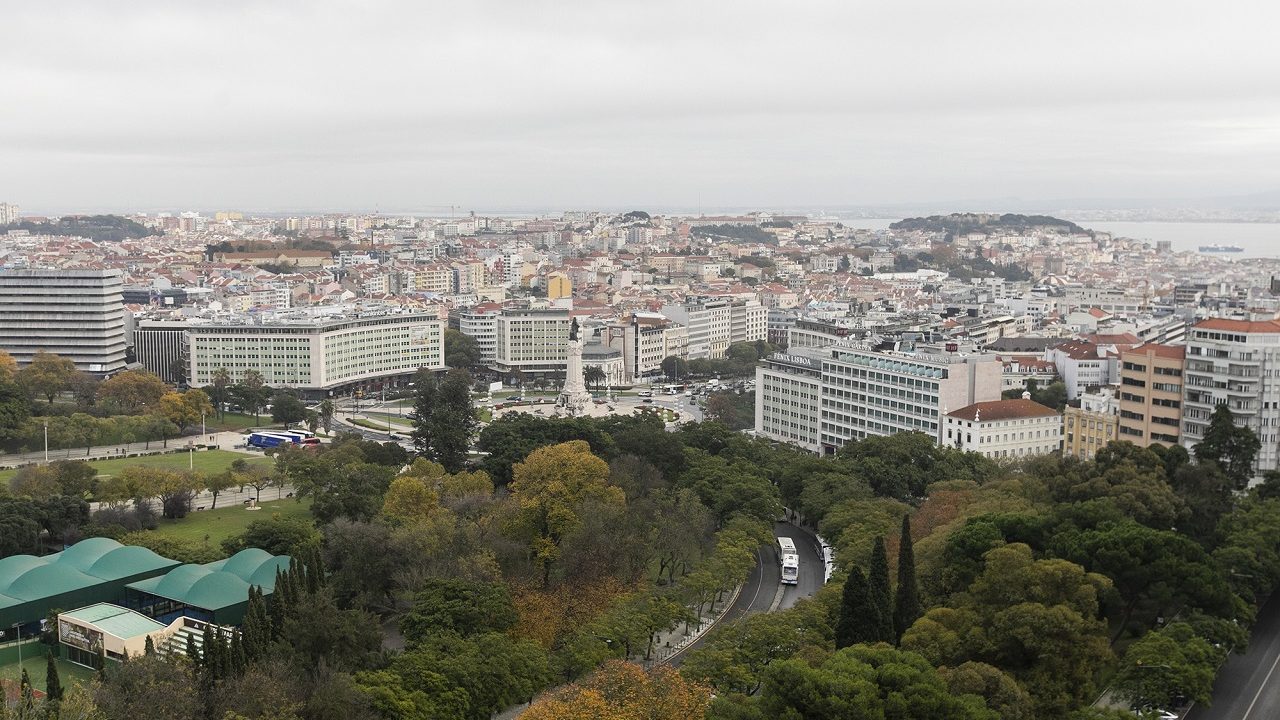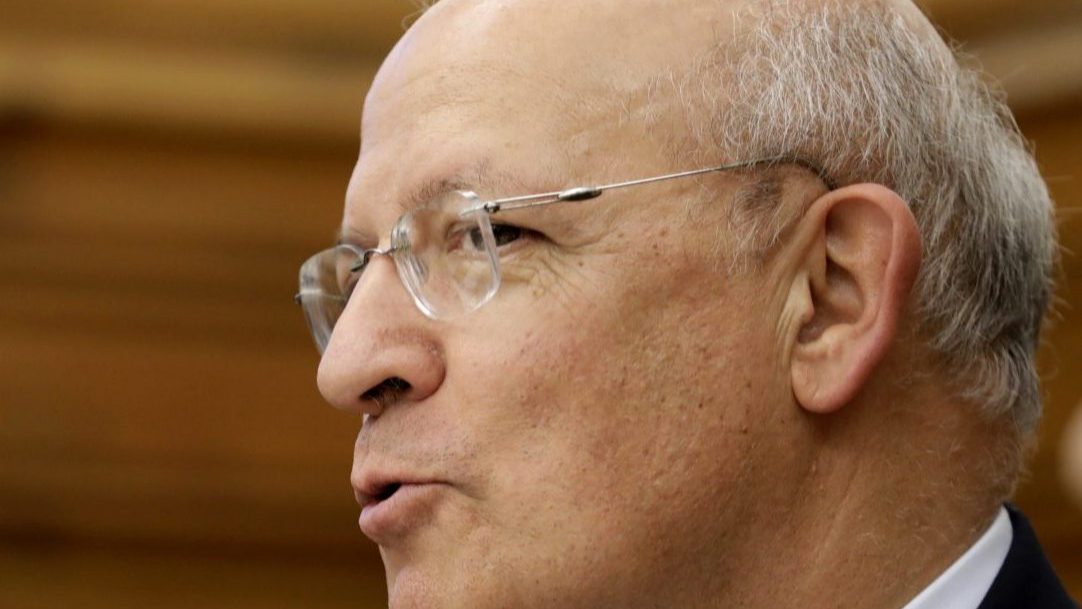Portugal to host EU ‘Friends of Cohesion’ summit
A summit that aims to strengthen the position of member states against cuts in this policy in the next EU multiannual budget.
Portugal’s Prime Minister António Costa invited leaders of the “Friends of Cohesion” countries to a summit in Portugal on February 1st, which aims to strengthen the position of member states against cuts in this policy in the next EU multiannual budget.
A source in the prime minister’s office pointed out that the “Friends of Cohesion” are committed to moving forward in the calendar of negotiations on the EU’s financial framework for 2021-2027, recalling that this new meeting in Portugal is the successor to the one held in Prague last November.
At that meeting in Prague on November 5th, Costa and the other leaders of the “Friends of Cohesion” insisted that the values of the cohesion policy are to be maintained at the current level, urging European institutions to accelerate negotiations on the post-2020 Multiannual Financial Framework.
As a form of pressure on member states that do not want to contribute more to the EU budget – such as Germany and the Netherlands – the largest beneficiaries of cohesion funds reaffirmed in the Czech capital their opposition to the cuts announced in the EU’s Multiannual Financial Framework (MFF) for 2021-2027, in an attempt to ‘raise awareness’ among the bloc’s net contributors of its importance to their countries and the convergence of the 27.
In a joint statement, the 16 representatives of southern and eastern European countries – in addition to António Costa, nine other heads of government were in Prague – argued that an agreement on the next budget should be reached in good time to allow a smooth transition to the next programming period and urged all European institutions to commit themselves to conclude negotiations and reach a compromise for a fair and balanced budget.
The summit in Portugal will take place at a time when the impasse over negotiations on the EU budget for 2021-2027 is continuing, with the common objective of the 27 being to reach an agreement by the end of the first half of the year to ensure that there is no gap in the transition between the current framework and the next – as was the case seven years ago – which would have consequences for the timely programming of funds.
In the second half of last year, the Finnish Presidency of the EU Council was unable to gain consensus among the 27, and its latest proposal was “flunked” at the European Council held on December 13th in Brussels, to the delight of Portugal and the other “Friends of Cohesion”, as it called for major cuts compared to the current framework.
On the occasion, Costa welcomed what he described as the diplomatic death of the Finnish presidency’s proposal which advocated contributions from member states equivalent to 1.07% of gross national income (GNI) of the 27-member EU (without the UK), a figure below the original European Commission proposal (1.11%) and flatly rejected by a broad group of countries, such as Portugal (which defends at least 1.16%), as well as the European Parliament (whose ambition reaches 1.3%).
The heads of state and government then decided that from that moment on, the president of the Council, Charles Michel, would lead the negotiating process (and not Croatia, which took over the rotating presidency of the EU Council on January 1st), and the Belgian leader has been developing bilateral contacts since then.


